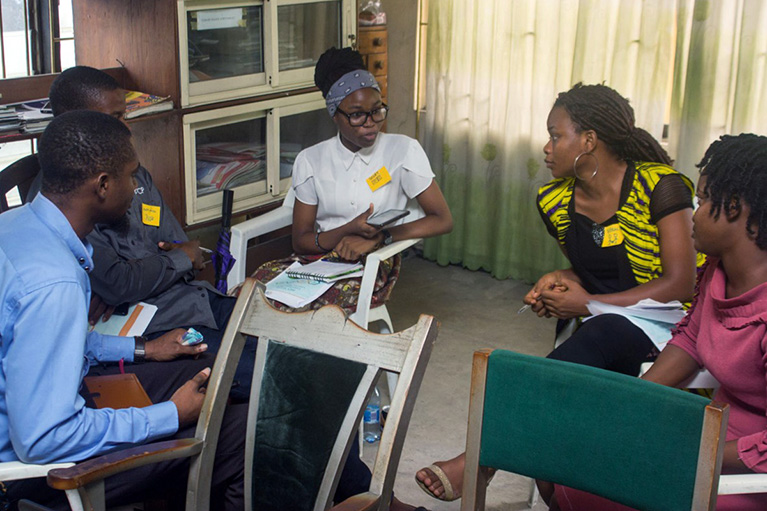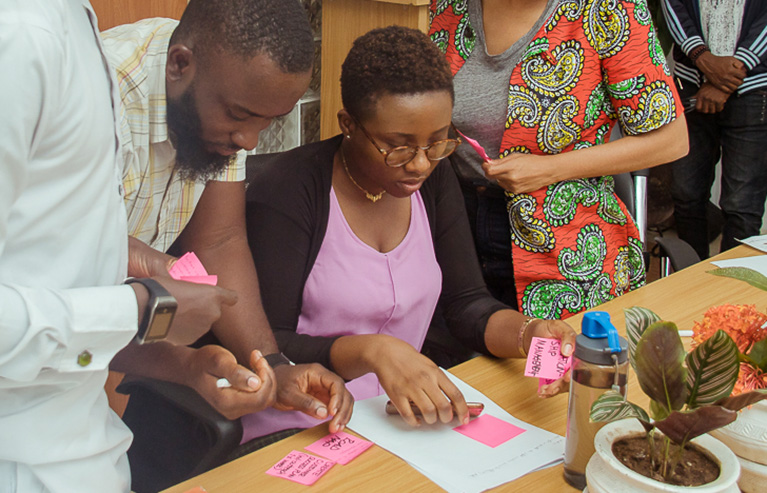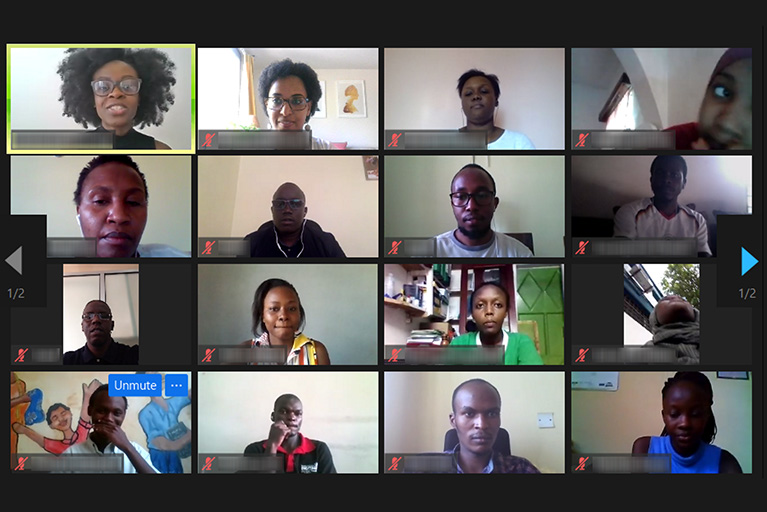Overview
IREX’s Essential Skills methodology is a comprehensive approach to training young people for the opportunities and challenges of today and the future by strengthening crucial soft skills. These skills are so important that we call them essential skills.
Unlike traditional approaches to developing soft skills, the Essential Skills approach was designed for young people who are facing a rapidly changing world. The approach equips youth to be agile, resilient, and self-reliant learners who can effectively engage diverse people around the world and navigate change and uncertainty.
We tailor the Essential Skills approach to diverse contexts through three main offerings: Youth Essential Skills, Employee Essential Skills, and Skills for Virtual Gigs.


